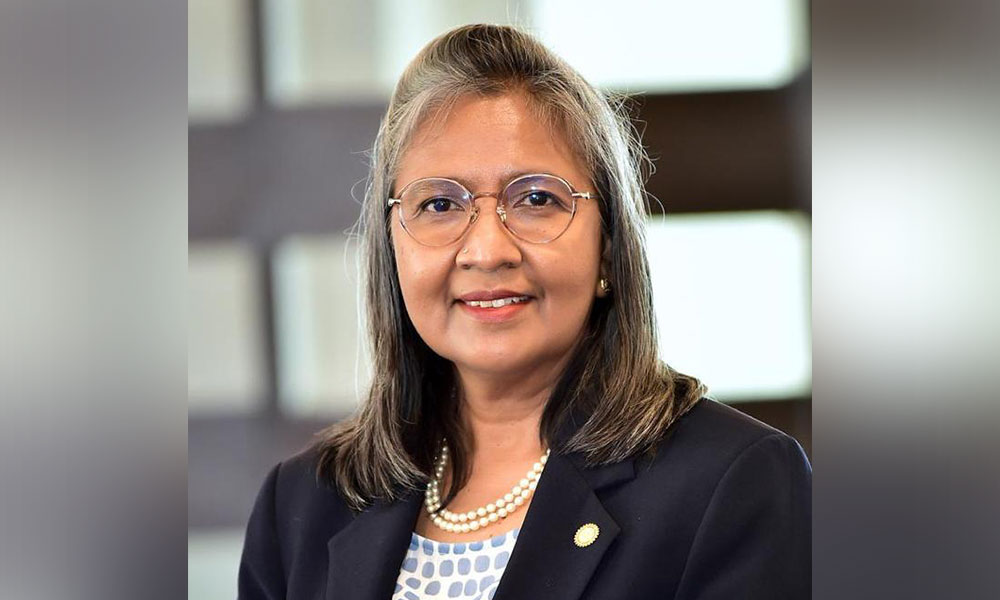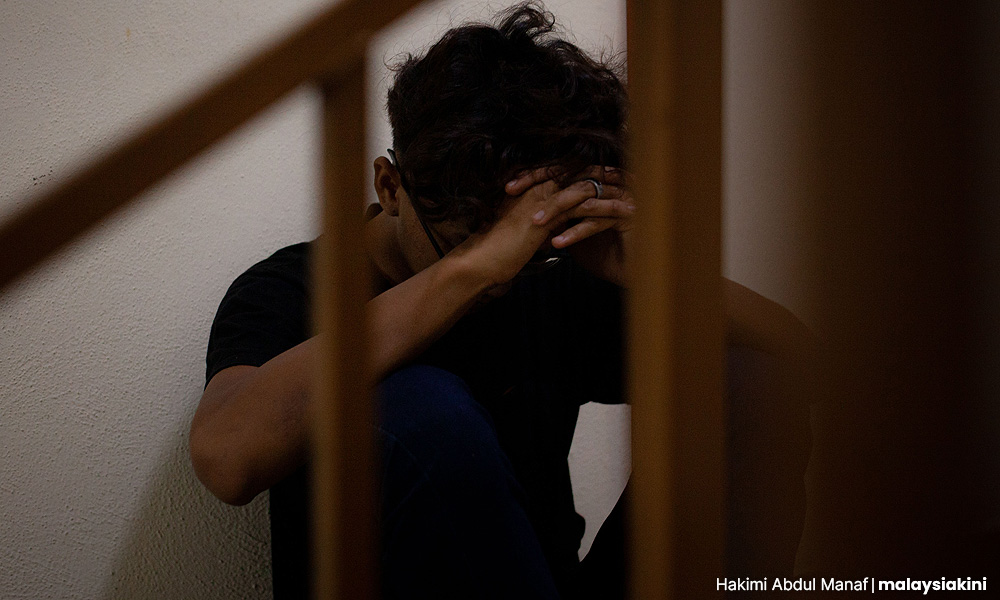Leading mental advocates have renewed their call for one of the vacancies in the Dewan Negara to include a senator covering mental health issues in the country.
National Coalition for Mental Wellbeing chairperson Siti Subaidah Mustaffa is backing the call for improved representation.
“It is very important that we have a mental health advocate in the Dewan Negara. We need to have a resource within the senate to focus on mental health.
“Otherwise, we are operating in silos, and each group, each NGO and government agency has its own agenda without looking at the big picture. It is not isolated; we are looking at the overall community.
“Having a senator would give us a voice and advocate for policies. How do we manage suicide attempts … which by the way, we have yet to repeal. The decriminalisation of attempted suicide hasn’t even been done yet and we have to do more than repeal it because they are victims, not criminals.
“Mental health is blind to race, age and wealth. More messaging has to go out there. Right now, there is a good government system in place, but it is overwhelmed, and we need to supplement it with the correct training,” she told Malaysiakini.

Her views were backed by consultant psychiatrist Dr Andrew Mohanraj, who is the Malaysian Mental Health Association president and also a board member and treasurer of the World Federation for Mental Health.
“Mental health and the well-being of society is about much more than just mental illness. Therefore, it must not be viewed only from the medical perspective, nor must it be confined to considering only medical intervention.
“The goal should be to raise awareness about mental health, reduce the stigma associated with mental illness and promote help-seeking behaviours while simultaneously promoting social and emotional well-being practices.
“This is in line with evidence-based practices to address social determinants of mental health issues as voiced by persons with psychosocial disabilities, their families, and their caregivers,” said Mohanraj.
At present, former newscaster Ras Abida Radzi is representing the people with disabilities sector in the Dewan Negara, having filled the role previously occupied by Bathmavathi Krishnan. These members are independent and appointed by the Yang di-Pertuan Agong, although a significant number of those in the senate represent political parties.
Mohanraj noted that there is a universal trend for mainstream mental health issues to be seen as cross-cutting involving different sectors and stakeholders, hence the need for persons with mental health issues and their family members to be represented in the legislature to ensure their interests are highlighted in the upper house.
He said that the matter is urgent as currently neither the Dewan Rakyat nor the Dewan Negara has a member who is knowledgeable or an expert on mental health and also due to the absence of an ombudsman-like body in Malaysia to safeguard the interest of persons with mental illness and their caregivers.
Further education for leaders
Hasbeemaputra Abu Bakar is a lived experience advocate who also supports the idea.
“I believe that we should appoint a mental disability advocate as a senator to better represent the whole spectrum of disability, both visible and invisible.
“Lived experience is crucial in ensuring that our processes are inclusive and are actually representative of a marginalised segment of society, and would actually help address the power imbalance that often colours governance of the marginalised,” he told Malaysiakini.
“In fact, we should set up a Diversity, Equity and Inclusion office to educate MPs and senators so that all have a good understanding of the social model of disability, which is nominally recognised by the Persons with Disabilities Act.
“This will help remove a lot of stigma and associated baggage that the medical model of disability tends to enable.
“We should also conduct an accessibility audit of Parliament to ensure that physical environs and processes are accessible to everyone on the spectrum of disability,” he added.
According to him, the Pelan Tindakan OKU 2016-2022 already outlines much of what is needed.
“The catch is that those with mental disorders face structural and institutional discrimination which limit our participation in society, including in politics.
“Unsound mind provisions in the Federal Constitution (Article 48(1)(a), Article 119(2) and Article 119(3)(a) and other legislation effectively prevents someone like me (I have bipolar disorder) from being appointed senator, or contesting for MP. It must be noted that ‘unsound mind’ is a legal concept and not a medical diagnosis.
“In fact, disabled persons (with visible or invisible disabilities) aren’t even considered equals before the law because Article 8(2) Federal Constitution omits ‘disability’.
“We amended the Federal Constitution to include gender when we ratified the Convention on the Elimination of Discrimination Against Women (Cedaw), but we did not include disability when we ratified the Convention on the Rights of Persons with Disabilities (CRPD),” he added.
Lockdown, unemployment, flooding
Siti Subaidah said during the Covid-19 lockdown, reported incidents of mental health issues skyrocketed.
“We saw the needs and that there were so many people going through mental distress and the suicide rate going up.
“We found that there are so many NGOs working in the field, but no real coordinating body, so we decided to form a coalition. The National Coalition for Mental Wellbeing now has about 30 odd members ranging from the MMHA, Befrienders and even universities and entrepreneurs,” she said.

She added that they work with a number of bodies including the Health Ministry and the UNHCR.
“Our focus is on psychological first aid and conducting training. This is about the early stage of face-to-face intervention in the aftermath of the trauma. During the floods, we were on the ground, managing the trauma of children. We engage to reduce trauma and then refer them to further counselling.
“Our purpose is also to highlight various issues, for example, youth suicide and mental health assistance for caregivers themselves. Those who look after the disabled or elderly need self-care. We have to care for frontliners,” she said.
She also said that Malaysian society needs to overcome the stigma that can be associated with mental health challenges.
“This is basically awareness. We need to be educated to be open so that people are not stigmatised or scared to seek help, not discriminated against. We need to understand that mental health is as important as physical.
“Our healthcare system is not ready to manage mental healthcare. We see this challenge. Let’s bring them together. Having an advocate in the Dewan Negara would make a huge difference,” she said. - Mkini




No comments:
Post a Comment
Note: Only a member of this blog may post a comment.